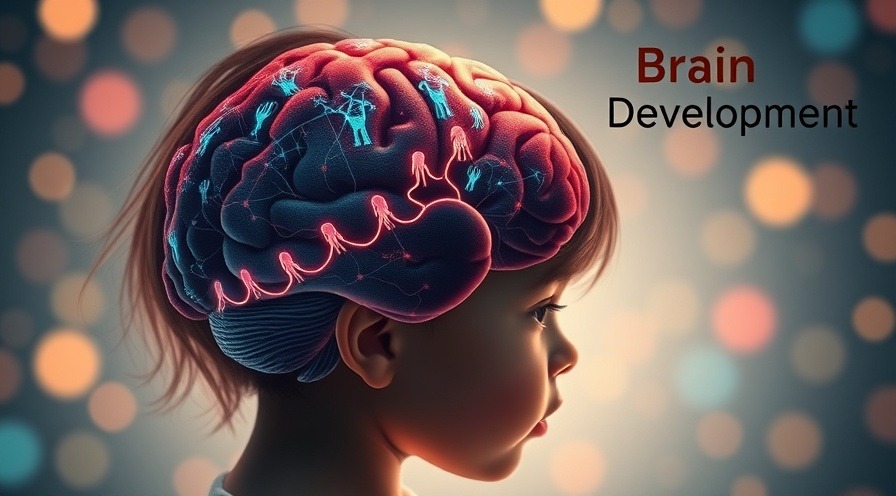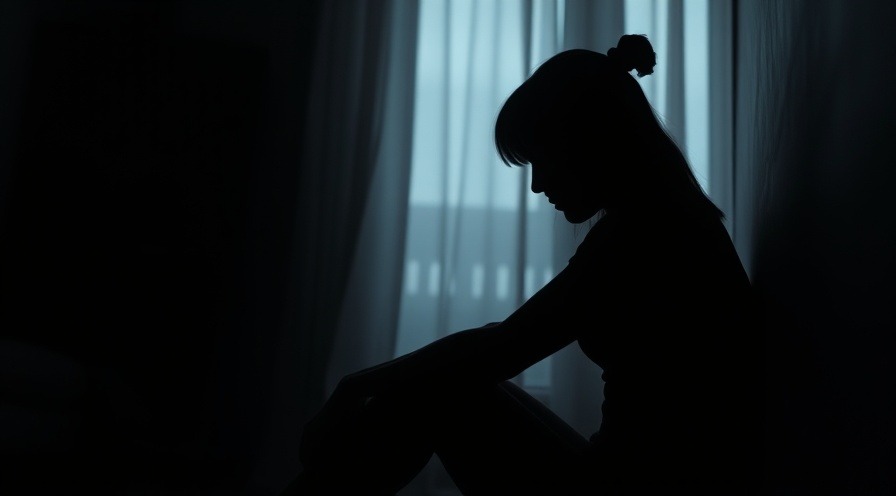
Understanding the Impact of Loneliness on Sleep Quality
A recent study conducted by researchers at Oregon State University reveals a troubling reality for college students: loneliness can severely disrupt their sleep quality, overshadowing the effects of screen time. As mental health issues continue to rise among young adults, this research underscores the urgent need to address the social needs of students to promote better mental and physical well-being.
Loneliness as a Leading Factor for Insomnia
The findings show that approximately 35% of college students suffer from significant loneliness, which correlates with a staggering rate of insomnia symptoms—almost twice that of their peers who report lower levels of loneliness. This statistic emphasizes how loneliness can exacerbate sleep problems, leading to a decline in academic performance and overall health. Loneliness not only affects emotional well-being but also plays a crucial role in how well students can rest and rejuvenate at night.
Are Screens to Blame?
While the study indicates that excessive screen time (more than 10 hours daily) also correlates with insomnia, it is less damaging than loneliness itself. Many students blame screens for their restlessness, especially given the convenience and addictive nature of social media and online streaming. Yet, this research suggests that focusing solely on screen time might not address the root issue— the deeper emotional connections that are missing when students feel isolated.
Prioritizing Social Connections Over Screens
Experts advocate for prioritizing social relationships to combat loneliness. Engaging in meaningful interactions—whether through clubs, study groups, or social events—can significantly reduce feelings of isolation. Students who maintain friendships or romantic partnerships report lower levels of loneliness and, consequently, fewer sleep disturbances.
Insights and Strategies for Improvement
Given the profound effects of loneliness, college administrators and mental health professionals are encouraged to implement programs that foster connection among students. Suggestions include organizing social activities, mental health workshops, and peer support initiatives. Universities must address loneliness as an urgent public health issue, not just an individual struggle.
Practical Tips for Better Sleep and Connection
Here are some actionable strategies students can adopt:
- Limit Screen Time: Aim to keep electronic device use, including social media and entertainment, to a maximum of 8-10 hours a day. This helps minimize overstimulation before sleep.
- Enhance Social Interactions: Make an effort to connect with friends regularly, whether in-person or through video calls. Consider joining campus clubs or organizations that align with personal interests.
- Implement Relaxation Techniques: Incorporate mindfulness and relaxation exercises into your daily routine to alleviate stress and promote better sleep. Deep breathing exercises or guided meditation can be particularly beneficial.
Why Addressing Loneliness is Crucial
Insomnia is not merely a sleep issue; it's a marker of broader mental health challenges. The implications of untreated insomnia include increased stress, anxiety, and mood disturbances. College students must be encouraged to take loneliness seriously and develop a robust support network to navigate the challenges of academic life.
A Call to Action
As this research highlights a clear link between loneliness and insomnia, it is essential for students and educational institutions to recognize the urgency of combating loneliness. Taking proactive steps to build supportive communities on campus will not only enhance sleep quality but also contribute to healthier, happier student bodies.
 Add Row
Add Row  Add
Add 




 Add Row
Add Row  Add
Add 

Write A Comment